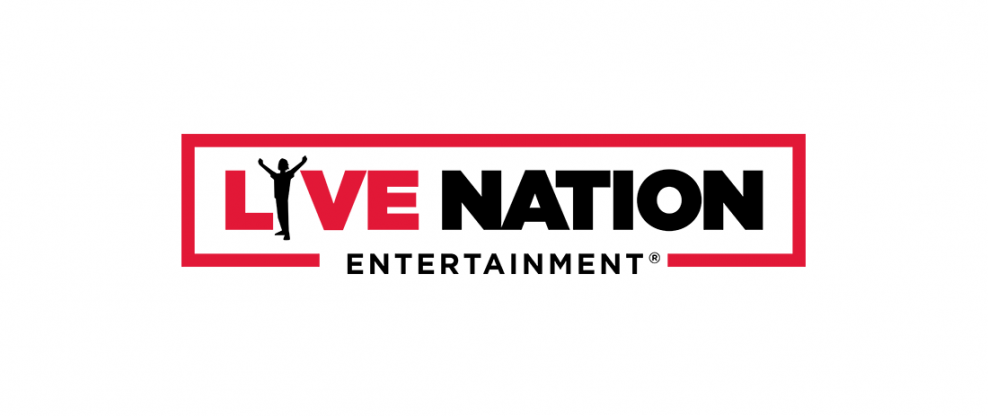PASADENA, CA (CelebrityAccess) — A federal appeals court on Monday upheld a lower court’s ruling that rejected an anti-trust lawsuit against Live Nation and Ticketmaster.
The case, Oberstein v. Live Nation Entertainment, saw plaintiffs unsuccessfully seek a class action lawsuit against Ticketmaster under the terms of the anti-trust Sherman Act, claiming that the company used its market power to charge fees that were above market price for concert tickets.
However, the plaintiffs were stymied by Ticketmaster’s inclusion of binding arbitration and class action waiver clauses in their website use agreement.
If you’re not familiar with binding arbitration clauses, they are an increasingly common part of boilerplate contracts that require parties to agree to resolve their disputes through an arbitration process, often with the arbiter chosen by the company who created the website use agreement.
Ticketmaster’s use agreement requires the use of arbitration to resolve disputes and also requires that users waive their right to class action lawsuits, except in certain cases.
Attorneys for the plaintiffs sought to appeal the lower court’s decision to uphold the arbitration agreement on several technical points, including claims that the company failed to properly identify itself in the use agreement, but the 9th Circuit rejected those arguments.
“It is difficult to imagine who would be a party to the arbitration agreement if not, at the very least, the entity specifically listed as the addressee for the initiation of arbitration disputes. While it is true that, near the end of the Terms, there is language stating that “questions, comments or complaints regarding these Terms” are to be referred to “Live Nation Entertainment, Inc.,” that reference bolsters rather than diminishes the already clear identification of Live Nation Entertainment, Inc. as an interested party concerning arbitration-related disputes,” Judge Danny J. Boggs wrote in the opinion for the Ninth Circuit.





























